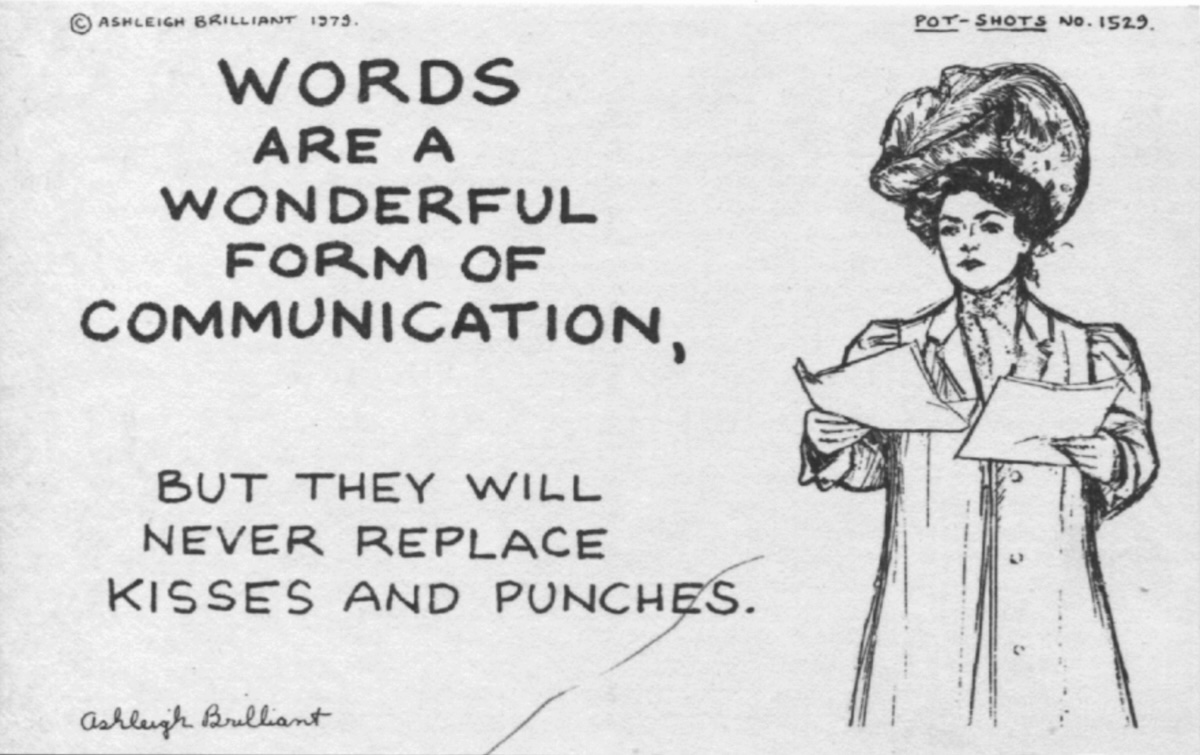Okay or Nokay

Why do we say “OK,” and say it so often? Where does it come from?
There are various origin theories, but the one I like best involves a kind of humorous misspelling which, about 200 years ago, Americans used to think was very funny. One common expression at that time was “All Correct,” which had a wide application; simply expressing approval, confirmation, or agreement with someone or something. But then, as now, there were people who delighted in twisting and distorting the common language. So, instead of saying or writing “All Correct,” such folk would put: “Orl Keerect.” And this became so widely known that, instead of writing out the whole thing, they would just put the initials: O.K.
Another theory, dating from about the same period, has to do with a political nickname. Martin Van Buren, who was President of the United States for a single term, 1837-1841, came from a Dutch-settled place in New York State called Kinderhook. Then and since, Presidents had nicknames, just as Theodor Roosevelt (besides being called Teddy, and thus giving his name to Teddy Bears) was often referred as “T.R.” In the case of Van Buren, his nickname, instead of M.V.B, was based upon his own place of origin, and he became Old Kinderhook. And it was only natural for this this to be abbreviated to “O.K.”
Incidentally, Van Buren was probably our only President who grew up not speaking English as his native language. In the Kinderhook area when he was born, and probably long after, everybody spoke Dutch.
But, apart from such oddball instances, there aren’t, at least in English, many words or expressions which those particular letters could stand for. Two which came to my mind are: “Only Kidding” and “Off Kilter.” And there are also popular distortions, like “Okey Dokey.”
Anyway, Americans can claim that OK originated in our country, though it is now the most widely used and understood expression all over the world. This might be called a kind of linguistic imperialism, except that there’s little point in claiming the whole world as your empire. Anyway, it’s only one expression, whereas the British, Spanish, Portuguese, French, and Dutch exported the whole of their languages wherever they went in the course of trade and conquest.
But how do we explain the universal popularity of O.K., or okay? For a start, it’s easy to write, and easy to pronounce, in practically any language. Then also, regardless of the situation, it’s a positive message. There’s a big difference between being OK and being not OK.
But one thing I have trouble with is that it’s not a sliding scale. There are no degrees of OK-ness. In some situations, when I’m asked “Are you okay?” it’s hard to give an honest and accurate answer. Sometimes I try to reply with something like “On a scale of one to ten, right now I’m at about a … “
When we talk about universal expressions, sometimes it’s not the wording, but the idea which it seems you will find everywhere. I’m no multi-linguist, but one which has impressed me is the concept of “it doesn’t matter.” In our tongue, we say “never mind,” or “forget it.” In other languages, the idea of it being nothing occurs very frequently.
I particularly like the French way of saying it: “Ça ne fait rien,” meaning, literally, that it makes or does nothing. In pronunciation, the “C” is soft, like an “S” and the “t” in “fait” is silent. I explain this so that you can understand the following: In World War I, to British soldiers stationed in France, the French way of saying that it doesn’t matter sounded like: “San Fairy Ann” which, for them, became a common expression meaning that it doesn’t matter, even if they had no knowledge of French at all.
The nice thing about Okay is that its usage is generally positive, and there are very few ways in which it can be taken to have a negative meaning, unless the speaker was being sarcastic. And it can sometimes pleasantly pop up as part of a word or name. The classic example is one of our states, whose name became part of a major Broadway musical and then a very successful movie. I’m referring, of course, to Rodgers and Hammerstein’s Oklahoma – whose opening number and theme climaxes with “OKLAHOMA – O.K.!”
That it’s part of a name is purely a coincidence. But then, if you’ll pardon my French, SAN FAIRY ANN.






